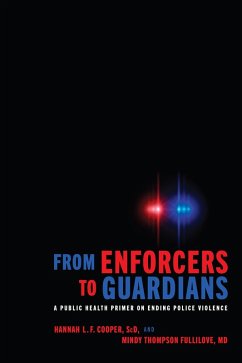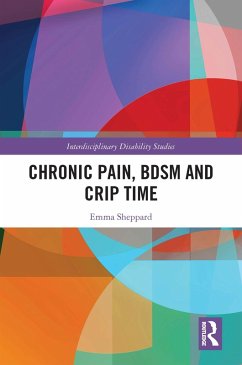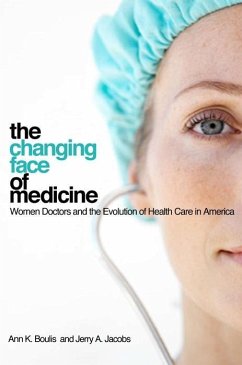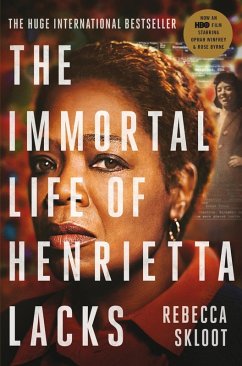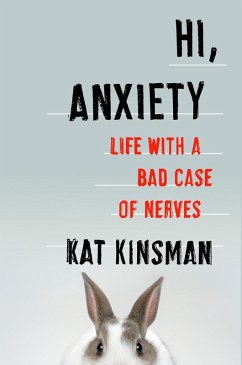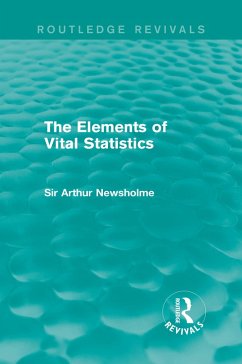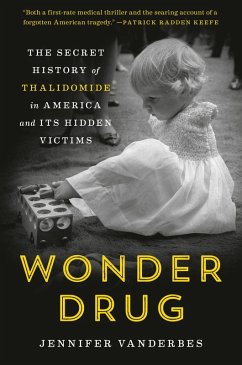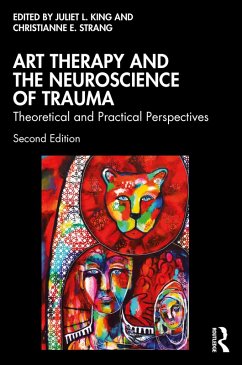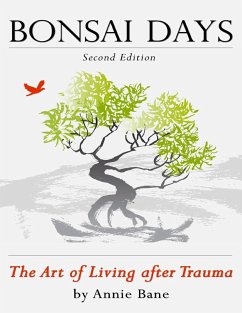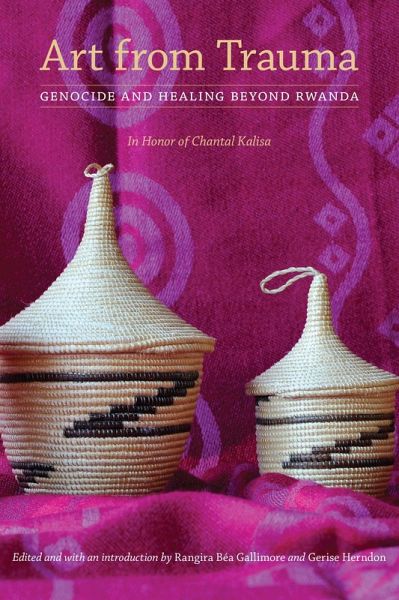
Art from Trauma (eBook, ePUB)
Genocide and Healing beyond Rwanda
Redaktion: Gallimore, Rangira Bea
Versandkostenfrei!
Sofort per Download lieferbar
38,95 €
inkl. MwSt.
Weitere Ausgaben:

PAYBACK Punkte
19 °P sammeln!
What is the role of aesthetic expression in responding to discrimination, tragedy, violence, even genocide? How does gender shape responses to both literal and structural violence, including implicit linguistic, familial, and cultural violence? How might writing or other works of art contribute to healing? Art from Trauma: Genocide and Healing beyond Rwanda explores the possibility of art as therapeutic, capable of implementation by mental health practitioners crafting mental health policy in Rwanda. This anthology of scholarly, personal, and hybrid essays was inspired by scholar and activist ...
What is the role of aesthetic expression in responding to discrimination, tragedy, violence, even genocide? How does gender shape responses to both literal and structural violence, including implicit linguistic, familial, and cultural violence? How might writing or other works of art contribute to healing? Art from Trauma: Genocide and Healing beyond Rwanda explores the possibility of art as therapeutic, capable of implementation by mental health practitioners crafting mental health policy in Rwanda. This anthology of scholarly, personal, and hybrid essays was inspired by scholar and activist Chantal Kalisa (1965-2015). At the commemoration of the nineteenth anniversary of the genocide in Rwanda, organized by the Rwandan Embassy in Washington DC, Kalisa gave a presentation, "Who Speaks for the Survivors of the Genocide against Tutsi?" Kalisa devoted her energy to giving expression to those whose voices had been distorted or silenced. The essays in this anthology address how the production and experience of visual, dramatic, cinematic, and musical arts, in addition to literary arts, contribute to healing from the trauma of mass violence, offering preliminary responses to questions like Kalisa's and honoring her by continuing the dialogue in which she participated with such passion, sharing the work of scholars and colleagues in genocide studies, gender studies, and francophone literatures.
Dieser Download kann aus rechtlichen Gründen nur mit Rechnungsadresse in A, B, BG, CY, CZ, D, DK, EW, E, FIN, F, GR, HR, H, IRL, I, LT, L, LR, M, NL, PL, P, R, S, SLO, SK ausgeliefert werden.




